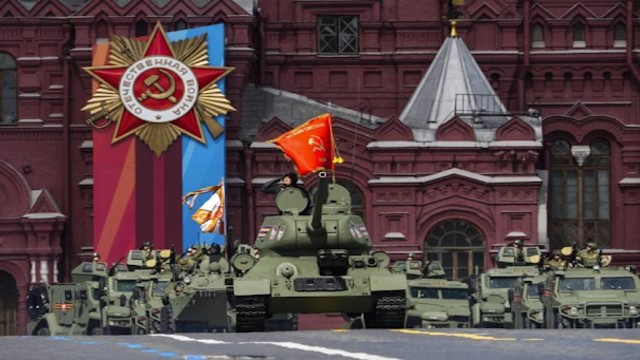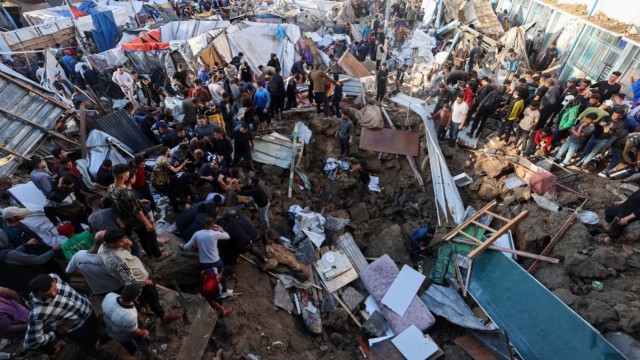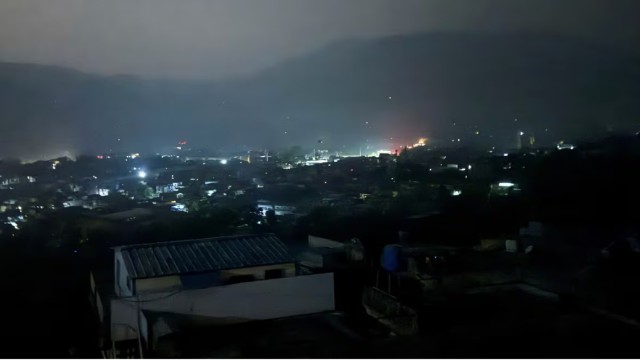
Relations between India and Pakistan have declined sharply following a deadly attack in Indian-administered Kashmir
India has taken a significant step, declaring that its water resources will no longer flow across international borders. Prime Minister Narendra Modi made the announcement on Tuesday, emphasizing that the nation’s water would now serve its own needs. “India’s water will flow for India’s benefit, it will be conserved for India’s progress,” he said.
This decision comes at a time when relations between India and Pakistan have sharply deteriorated. Though Modi did not directly mention Pakistan, his words come just weeks after India decided to halt a decades-old water-sharing agreement with its neighbor.
Rising Tensions Between India and Pakistan
The Indo-Pakistani ties have reached a boiling point following a deadly attack on tourists in Indian-administered Kashmir. The attack, which claimed the lives of several civilians, was blamed on militants with alleged ties to Pakistan. India has long accused Pakistan of supporting cross-border terrorism, a charge Pakistan firmly rejects.
In response to the growing tensions, India escalated its military actions. On Tuesday night, India launched missile strikes on nine targets in Pakistan and Pakistan-administered Kashmir. In retaliation, Pakistan reported eight fatalities.
Amidst these escalating hostilities, India reported civilian casualties as well. Three people were killed by Pakistani shelling along the de facto border between the two nations.
Water Wars: A Critical Resource at Risk
The decision to stop the flow of water to Pakistan could have severe consequences. Several rivers that originate in India flow into Pakistan, supporting the livelihoods of around 80% of the country's farmers.
Historically, these rivers have been shared under the 1960 Indus Waters Treaty (IWT), an agreement that has withstood wars and conflicts between the two nuclear-armed nations. The treaty has long been a model for international water-sharing agreements.
However, Modi's move to suspend the treaty marks a dramatic shift. This action is just one of several retaliatory steps India has taken against Pakistan since the deadly attack, which killed 26 people.
The Road Ahead: Challenges in Water Management
While Modi's statement reflects a shift in policy, the practical implications remain unclear. Experts warn that India will need to invest in infrastructure to store and manage this excess water, including the construction of dams, reservoirs, and lakes. This process will require significant time and resources, as building such infrastructure is a long-term endeavor.
Global Reactions and Calls for Calm
The situation has caught the attention of the international community. The United States has called for de-escalation, urging both India and Pakistan to engage in dialogue to resolve their differences. State Department spokesperson Tammy Bruce reiterated this stance, calling for a peaceful resolution that ensures regional stability and long-term peace in South Asia.
As the situation unfolds, the world watches closely, hoping for a diplomatic solution before the tensions spiral further.















